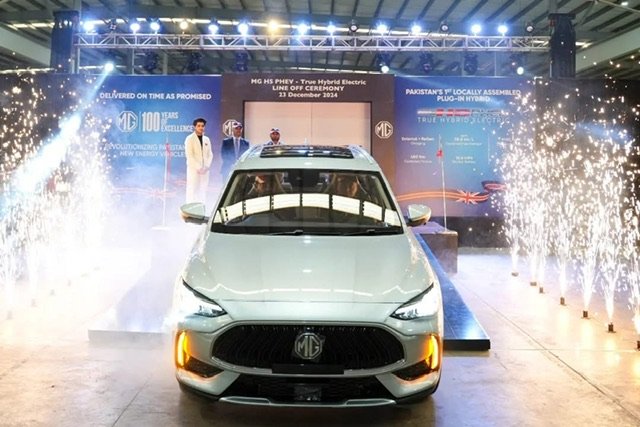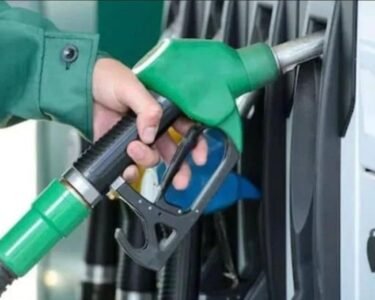As fuel prices remain a major concern for Pakistani car buyers, hybrid vehicles (HEVs) have emerged as a popular alternative. However, industry experts now argue that the high cost of hybrid cars outweighs their fuel savings, especially in the SUV segment, making their value questionable in the long term.
According to Syed Asif Ahmed, General Manager of Marketing at MG Motors Pakistan, over 35,000 SUVs priced above Rs. 8 million were sold in the past year, with 50% of buyers opting for hybrid models. But many customers are unknowingly paying a steep premium—often up to Rs. 4 million more—for HEVs compared to petrol variants.
Real Costs vs. Fuel Savings
On average, C-segment hybrid SUVs cost Rs. 12 million, whereas similar petrol versions are priced at Rs. 8 million. While hybrids offer better mileage—8 to 10 km/l more than petrol counterparts—the fuel savings of approximately Rs. 35 per kilometer are offset by the long payback period of over 7.5 years, assuming 15,000 km driven annually.
“Globally, hybrids make sense when their price is no more than 10% higher than petrol models. In Pakistan, the price difference is often over 45%,” Asif explained. “This makes it hard for the average buyer to justify the upfront investment.”
Why Plug-In Hybrids (PHEVs) Are Better?
MG Motors, which has sold over 16,000 vehicles in Pakistan—2,000 of them PHEVs—argues that Plug-In Hybrids are the most cost-effective and sustainable solution for urban mobility. The MG HS PHEV, the only PHEV currently available in the market, offers a better combination of electric driving range and hybrid capability, which helps offset range anxiety and maximize fuel efficiency.
“PHEVs are ideal for city driving, where stop-and-go conditions allow full use of hybrid functionality,” said Asif. “Unlike standard hybrids, PHEVs can operate on pure electric mode for short distances, reducing fuel costs even further.”
Video Credits: Pak Wheels
Misconceptions Around Hybrids
Contrary to popular belief, hybrids do not always guarantee environmental benefits. They perform best at low speeds, typically in congested urban environments. At highway speeds, hybrid systems often rely on petrol engines, resulting in similar fuel consumption as gasoline-only cars.
Moreover, maintenance costs for hybrids remain comparable to petrol vehicles, but higher upfront costs push total ownership costs up. Without significant fuel savings within three years, many consumers may never fully recover the extra investment.
EVs Still Face Challenges
While electric vehicles (EVs) offer zero fuel consumption and minimal maintenance, high prices and inadequate charging infrastructure hinder widespread adoption in Pakistan. Thus, PHEVs remain the most practical and value-driven option in the current landscape.
Our Verdict
The trend toward hybrid cars in Pakistan may seem promising, but rising costs, limited fuel savings, and a lengthy return on investment make their practicality questionable. As the market evolves, PHEVs are emerging as a balanced, efficient solution—offering electric benefits without the range limitations of EVs. For now, consumers are advised to weigh total cost of ownership, not just fuel economy, when making buying decisions.






